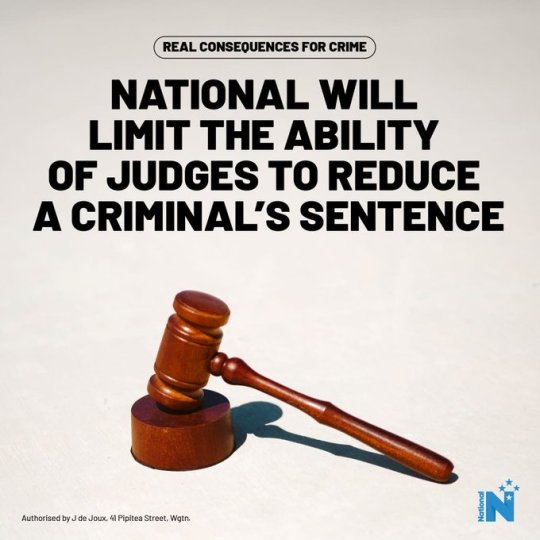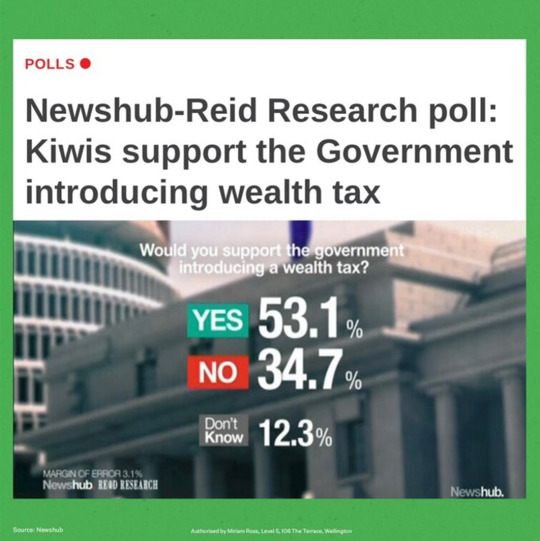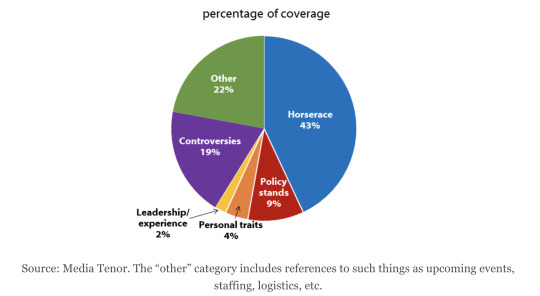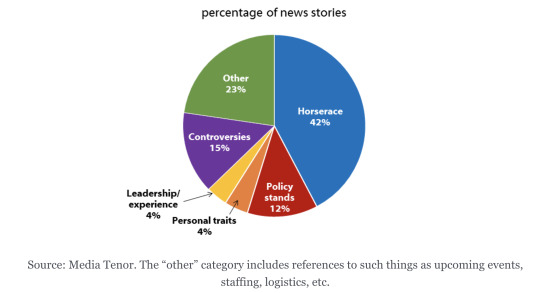Don't wanna be here? Send us removal request.
Text

CONSEQUENCES FOR CRIME
Sentencing reductions in New Zealand come in different forms, such as parole, remission for good behavior, home detention, and community-based penalties. These policies aim to find a balance between punishment, deterrence, and rehabilitation, while also ensuring public safety. When offenders are released, they may have some restrictions, like electronic monitoring, and the impact of victim statements can influence sentencing decisions.
The legal basis for these policies is the Sentencing Act of 2002, which highlights values like community protection, offender accountability, and fair punishments based on the severity of the offense. It's important to stay updated on the current legislation and guidelines, as the approach to sentencing reductions and criminal justice policies in New Zealand may evolve over time.
Currently, this is a topic of great political debate, with the National Party proposing stricter punishments to address the crime situation in Aotearoa. Their policy includes placing a maximum limit on sentence reductions, implementing harsher terms for convicted criminals, providing increased support for victims, and ensuring proper rehabilitation for remand prisoners (Luxon, 2023). This proposal has sparked various arguments, and I'll share some of them with you.

The government has taken some steps recently to lower the number of people in prison, like using more home detention and community sentencing. These measures, though, haven't been enough to offset the growing number of people being sent to prison. So, New Zealand's prisons keep getting bigger, and now the country has one of the highest incarceration rates in the OECD. This is especially concerning because Māori and Pacific Islanders are overrepresented in the criminal justice system. (Ministry of Justice, 2022)
There are a bunch of things that people say contribute to this high rate of putting people in jail in Aotearoa. Some potential good things that could happen are: making sure that there's less room for judges to decide things on their own, so that similar cases get treated the same way. And maybe this could help reduce the chance of unfairness or discrimination in sentencing. Also, when judges have less discretion, the justice system becomes more open and accountable, because judges have to follow the rules that are already set. Maybe the National Party has a point?
But there are also negative things and responses to what the National Party is proposing. For example, Labour has spoken out and said that National's policy has been used over and over again for many years. (Ensor, 2023) Plus, National got criticised for not thinking about how much it costs to keep people in the correction system.
The formulation of sentencing policies is heavily influenced by political discussions. These conversations happen in various settings, from media outlets to legislative chambers, and they have a big impact on the development and modification of sentencing laws. Cases or incidents that are reported publicly and catch the public's attention often lead to intense political debates. When the public raises concerns about perceived injustices in sentencing, politicians may feel pressured to examine and revise current policies. Advocacy and interest groups with different perspectives can greatly influence the direction of sentencing policies and contribute to these political conversations through lobbying and advocacy efforts.
With that being said, when we limit judges' discretion in sentencing, it can have a big impact on Māori and Pasifika communities because they are considered to be overrepresented in the system. By reducing judges' discretion, it may mean that they are unable to take into account cultural aspects that have an impact on the rehabilitation and reintegration of indigenous Māori into society, such as their connections to their land and community. This can lead to a one-size-fits-all approach to sentencing that doesn't address the unique circumstances and needs of Māori and Pasifika offenders, which can potentially continue the cycles of reoffending and marginalization within these communities. Additionally, when we limit judges' discretion, it may undermine the principles of restorative justice, which prioritize healing and reconciliation over punitive measures, and this can further worsen the unfairness faced by indigenous populations in the criminal justice system. (Tauri, n.d.)
Public opinion plays a big role in shaping decisions on sentencing policies. When policymakers make choices about which direction to take with policies, they often take into account what the general public thinks and wants. It's important for sentencing policies to align with public sentiment because it can greatly improve the chances of getting re-elected for politicians. Surveys and polls are key in figuring out what the public thinks about sentencing issues, and they give policymakers important data to help them make decisions. Public sentiment can also push for changes in the criminal justice system. When people are worried about things like mass incarceration, racial disparities in sentencing, and whether or not the current sentencing policies actually work, they can put pressure on lawmakers to make real changes. For example, if surveys show that people are really unhappy with how the sentencing system is working, elected officials might feel like they have to do something about it in order to keep the support of the public. On top of that, public sentiment can also influence how resources are allocated. Instead of only focusing on punishment, people's opinions can help guide the allocation of resources towards programs that focus on rehabilitation as an alternative.
Ideologies of political parties have a big impact on strategies to reduce sentences. Policies about sentencing are heavily influenced by the ideology of the coalition or party in power. Conservative political ideologies often stress the importance of maintaining law and order and promote strict guidelines for sentencing as a deterrent. They might be against reducing sentences and prefer a "tough on crime" approach. On the other hand, progressive or liberal parties focus more on reducing sentences and implementing rehabilitation programs. Their main concerns usually revolve around prison overcrowding, racial disparities in sentencing, and the human toll of harsh sentencing guidelines. Sometimes, bipartisan collaboration can lead to improvements in sentencing that bridge conservative and liberal philosophies. Initiatives for criminal justice reform, particularly those related to mandatory minimum sentences and alternatives (Travis et al., 2014).
With a bunch of different opinions and arguments for and against the policy that I've mentioned, the talk about reducing sentences in New Zealand can get pretty complicated and nuanced. Some people say that reducing sentences might result in punishments that don't really show how serious the crime was and make people lose faith in the legal system. On the other hand, some folks believe that it can help with restorative justice and rehabilitating offenders.
0 notes
Text
Are polls accurate?

There is currently a lively political discussion in the media about the potential introduction of a wealth tax in New Zealand. According to a recent poll conducted by Newshub Reid Research: "Would you support the Government introducing a wealth tax?" The results showed that 53.1% of respondents answered yes, while 34.7% opposed it (Lynch, 2023).

Tax policy is a complex topic that involves various stakeholders, including the government, corporations, and our fellow citizens. The government plays a crucial role in determining tax policy, but it also faces the challenge of striking a balance between generating revenue and ensuring fairness in the tax system. Businesses and citizens, who are directly affected by the tax system and have valuable insights, also have an important role to play in shaping tax policy.
Interestingly, despite being a frequently discussed topic during election seasons, none of the political parties in Aotearoa have actually implemented a wealth tax. However, the fact that it continues to generate public interest and debate raises questions. Perhaps this is because of the growing wealth inequality in New Zealand, with a small percentage of the population holding a significant portion of the country's wealth. This disparity has led to calls for a wealth tax as a means of addressing this imbalance and promoting a fairer distribution of resources. Additionally, discussions around a wealth tax may also reflect broader debates about the role of government in addressing social and economic issues and the potential impact that such policies could have.
So what does the media have to do with this?
This is the question that has been on my mind. The media plays a vital role in shaping public opinion and influencing government decisions. Through their reporting and analysis, the media can draw attention to issues related to tax policy, educate the public about its implications, and ensure that both the government and businesses are held accountable for their actions. Additionally, the media can foster informed debates that contribute to the development of fair and effective tax policies, as well as influence how people perceive the system and their support for change by providing a platform for diverse viewpoints and expert opinions.
Therefore, a poll was conducted to gauge the public's opinion on the tax problem. This survey revealed the extent to which wealthy taxpayers in Aotearoa are considered essential. Moreover, it demonstrates the deep involvement of people in political matters. However, I believe that since the survey was released in the media, people could easily be swayed to agree with the majority. This means that if one proposal receives a higher vote than the other, people may be more inclined to think that it is a good idea. Conversely, if a majority of respondents disagree with a specific policy, this could lead them to believe that the policy is even more harmful. Polls can also be used to capture voices in the public realm mediated by the media. For instance, if a poll shows that a majority of people support a particular program, the media may be less likely to cover those who oppose it. (Lang et al., 1984)
The 2016 US presidential election is a great example of how surveys, political debate in the media, and the mediated public sphere are connected. Many polls leading up to the election showed Hillary Clinton ahead of Donald Trump in the race. The media also presented the election debate in a way that supported Clinton, highlighting themes that would resonate with her supporters. But then Trump somehow won the election! Some media sources were accused of favouring one candidate over another. For instance, Fox News was accused of favouring Trump, while CNN was accused of favouring Clinton. While media coverage of the 2016 US presidential election had a negative tone for both Clinton and Trump, there were noticeable differences between the two candidates. The media's coverage of the election was controversial, with several candidates, campaigns, and supporters claiming bias against certain candidates and causes (Bradlee, 2016). This resulted in a widespread lack of trust in the media's objectivity and raised concerns about the impact of biased reporting on public opinion. Despite these accusations, it is important to acknowledge that media outlets have a responsibility to provide fair and balanced coverage, enabling us to make well-informed decisions.


Overall, it's important to note that public opinion has become more polarised in recent times. People tend to gravitate towards news sources that align with their own beliefs and values, creating an echo chamber effect. This can further contribute to the distrust in media, as individuals may be less inclined to seek out diverse perspectives and question their own biases. Therefore, media organisations must prioritise transparency and accountability in their reporting.
1 note
·
View note